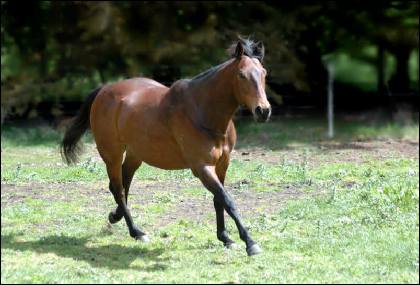


Glenshea Equine Retirement
Expert retirement agistment for your horse


Horse Care Tips
Horses are wonderful animals! Strong, intelligent, they have great personalities that are as individual as humans, and readily return love, care and attention.
Like any animal kept for work or as a pet, some care and attention can make all the difference for the animal’s health, happiness and temperament.
Barbed Wire
Barbed wire and horses don’t mix! Unlike cattle, a horse’s skin is relatively thin and easily torn. Never pasture horses in barbed-
Strong wooden rails are a good fencing method; if using plain wire fences, electric or ‘hot’ wires quickly teach horses to keep away from the fence — we use this method at Glenshea and find it very effective.
Hoof care
Horses hooves require regular maintenance. Depending upon your horses use, its hooves will need trimming about every 6-
Retirement care
Older horses often need some special attention because of the effects of advancing age (don’t we all?). Special diets may be required if your horse has teeth problems or is failing to hold good condition in its old age.
Arthritis
The heavy ‘wear and tear’ on a horse’s joints, especially in working horses, can progress to arthritis, in much the same way humans suffer arthritis in heavily-
The common symptoms are lameness or joint stiffness.
There are treatments available to make your horse more comfortable, however it is always best to get veterinary advice in each individual case.
Boredom
Stand around doing nothing all day and you’ll soon understand about boredom. As an intelligent animal, a horse needs some daily stimulation, such as other horses nearby, human interaction, changing paddocks, occasionally even a toy to play with!
This is especially important in older horses, who are less likely to amuse themselves with self-